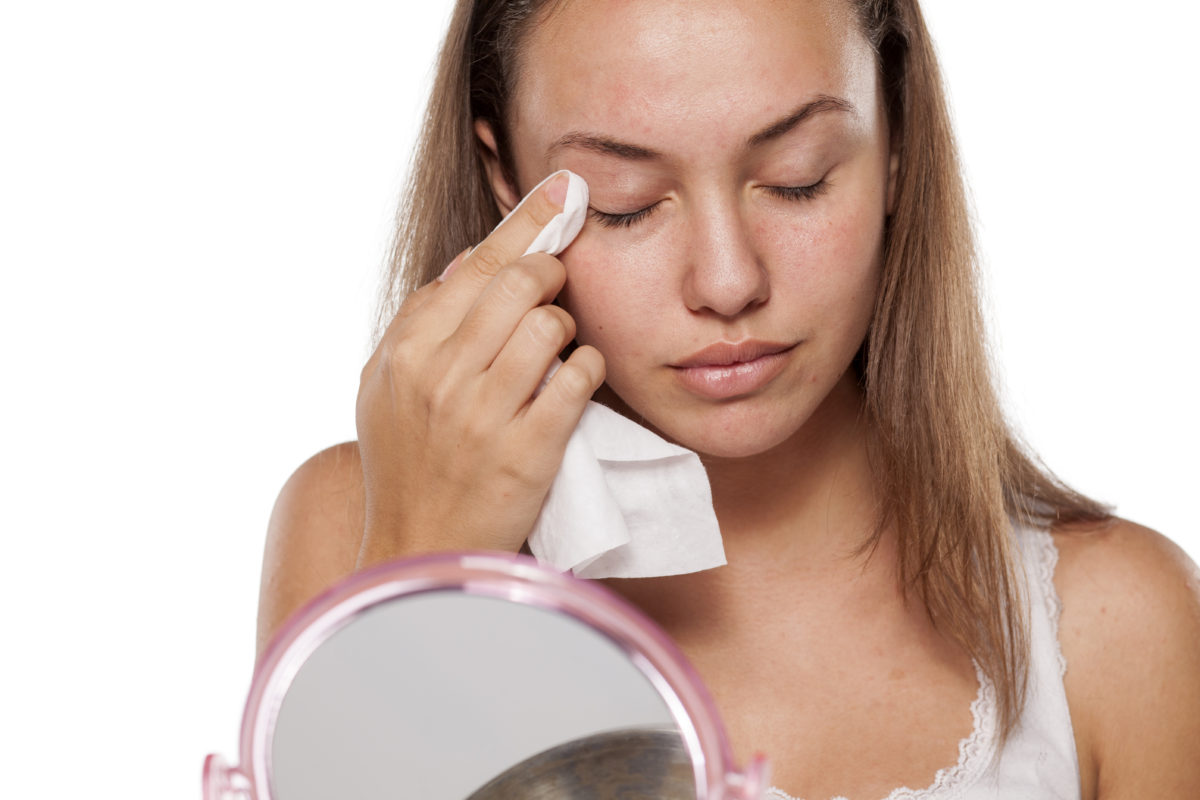Researchers have developed a gel that men can rub into their shoulders and upper arms daily which gradually reduces their sperm count to levels that prevent pregnancy. The gel is so promising that it will now be the star in the largest effort in the United States to test a hormonal gel for contraception in MEN.
This is pretty progressive on a few levels:
First, I’m thrilled that we are looking for ways to control unwanted pregnancies in a way that does NOT have to do with women altering their hormonal balances. From the birth control pill to IUDs (intrauterine devices that sit inside the body and release hormones), to monthly hormone injections, women have been relying on hormonal control to prevent their ovaries from releasing eggs each month—thus preventing conception.
The gel works by decreasing a man’s sperm count over several months until the desired level (roughy less than 1 million/1mL) is measured—then his female partner can go off her hormonal birth control.
Secondly, hooray that we finally have a birth control (i.e. not a vasectomy) that puts some control in the hands of men. Yes, I wrote that. At first glance, you may not think men are particularly concerned about their sexual partners getting pregnant, but this would be a mistake to assume.
If the idea of contraception control in the hands of the man sounds far-fetched to you, remember that we aren’t living in the 1950’s anymore. More and more families now rely on the mother’s salary and the father’s childcare and participation in housework. I would bet that a stay at home dad with 3 kids has some impetus to prevent another pregnancy if it isn’t in the family’s plan.
When science reflects major shifts in society, it is worth noting.
The big problem here? There is NO protection from sexually transmitted diseases offered by this gel. So, while it may be a viable birth control option for couples in long terms relationships (and that is certainly who the gel will be marketed towards) it isn’t going to protect those engaging in more casual sex from a myriad of issues (from Chlamydia to unwanted pregnancies) the way a condom can.
Even if clinical trials go as well as hoped, the gel will undoubtedly take some time for our culture—and those of the rest of the world—to fully accept. That’s ok. Like the sexual revolution of the previous generation, we may be on the heels of a big shift in how we think about male and female roles.
Stay tuned for the results of testing over the next year in this major trial involving over 400 couples in the United States, United Kingdom, Sweden, and other countries!
 English
English French
French German
German






